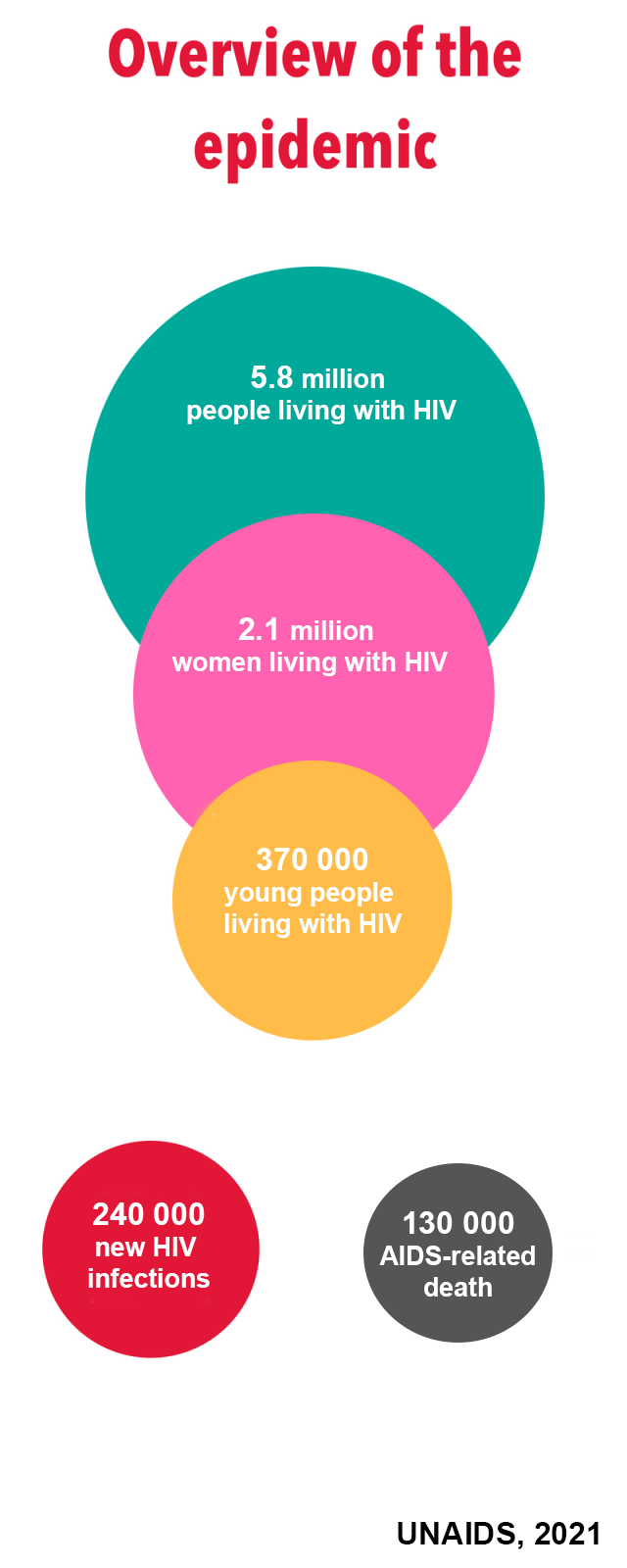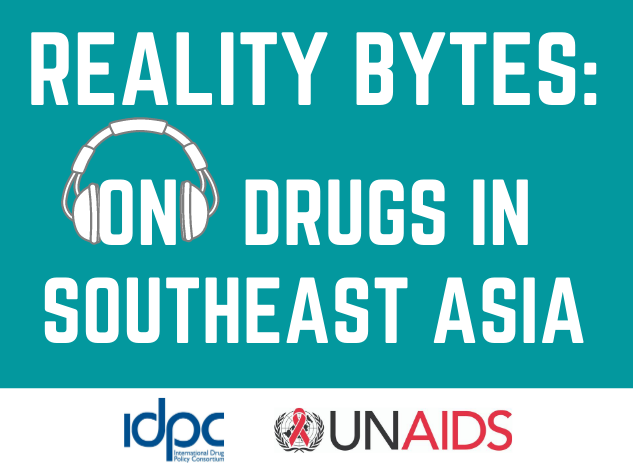Update on cluster of HIV cases, Roka Commune, Sang Ker District, Battambang Province
Joint Press Release: Ministry of Health of Kingdom of Cambodia, World Health Organization (WHO) and the Joint United Nations Programme on HIV/AIDS (UNAIDS)
The Ministry of Health (MOH) of the Kingdom of Cambodia and partners are reporting the available information about the magnitude of the cluster of new HIV diagnoses reported in Battambang province, initial results of the on-going epidemiological investigation and response. These efforts are led by the National Centre for HIV/AIDS, Dermatology and STD (NCHADS) in close collaboration with a wide range of national and international partners including: the University of Health Sciences (UHS), the Institute Pasteur in Cambodia (IPC), Khmer-Soviet Friendship Hospital, Battambang Provincial Health Department, the Joint United Nations Programme on HIV/AIDS (UNAIDS), the World Health Organization (WHO), UNICEF, US Centers for Disease Control and Prevention (US CDC), US Agency for International Development (USAID), KHANA, FHI360, ARV User Association (AUA), AIDS Health Care Foundation (AHF), Population Services Khmer (PSK), Sihanouk Hospital Center of Hope (SHCH), and Buddhist for Development (BFD).
Between 8 to 31 December 2014, a total of 1940 people from Roka Commune voluntarily undertook HIV testing and counselling and 212 people tested positive for HIV. Among the people who tested HIV positive, 174 (82%) are from Roka Village. Among the total of 212 diagnoses, 39 people (18%) are 14 years old or younger, 127 (60%) are between 15 and 59 years old and 46 (22%) are 60 years old or older. 75 people who tested positive also tested for Hepatitis C Virus (HCV) and 36 (48%) were found positive for that virus as well.
The investigation into the origins of the HIV cluster includes a case and control study. The study showed that the percentage of people that reported receiving an injection or intravenous infusion as part of their health treatment was significantly higher among the people who tested positive for HIV than the people who were HIV negative. This difference is statistically significant. The study also looked at other risk factors for HIV, such as unprotected sex and injecting drug use, and found no significant differences between the two groups. Mother-to-child transmission was also found unlikely as most of the children and young people who tested HIV positive had an HIV negative mother.
Given the initial study findings, the Minister of Health, HE Dr. Mam Bunheng, has reminded health authorities of the need to strictly follow the MOH protocols. “The Ministry of Health is ensuring health facilities follow universal precautions and use clean and sterile equipment, as well as working on raising awareness of safe injection practices and overall HIV prevention among the general public. We have reinforced implementation of the MOH policy to stop unlicensed informal medical practices.”
Dr. Dongil Ahn, the World Health Organization representative in Cambodia highlighted the importance of the rapid action by the Ministry of Health which helped prevent HIV infections from continuing to spread, while providing critical services to the affected community. “There is a pressing need to strengthen the regulatory framework for the private and informal health sector in order to ensure that health care is responsive, safe and of high quality,” he said.
Authorities are making all efforts to respond effectively to the needs of people who have recently found out that they are HIV positive. HIV treatment and care services are available to residents of Roka Commune at the Roka Health Center, in addition to the existing antiretroviral therapy (ART) services available at Battambang Referral Hospital. A total of 161 people were registered for HIV care services and 78 started ART between 22 and 31 December 2014.
“Cambodia has a strong HIV community care and support system, which has now been mobilized to provide dedicated community outreach services for every household in the communities affected,” said Marie-Odile Emond, UNAIDS Country Director for Cambodia. She added, “We will continue working closely with all partners to expand HIV prevention, treatment and care services and strengthen the surveillance systems to ensure that this incident does not happen again.”
The Ministry of Health reconfirms that voluntary, confidential and quality HIV testing and counselling services are available free of charge at most public health facilities in the country. In line with the global WHO guidelines, the national HIV testing protocol includes a sequence of HIV tests. Any person living with HIV in Cambodia is offered free access to the most effective and safe HIV treatment at referral hospitals across the country, including in Battambang.
HE Dr. Mam Bunheng, Minister of Health indicated, “Cambodia has achieved a significant reduction in HIV prevalence and a high level of ART coverage for people living with HIV, which has been internationally recognized and led to the United Nations Millennium Development Goal Award in 2010.” “More than ever, the government commits to provide essential HIV prevention, treatment, care and support services to all people in need in an environment free of stigma and discrimination, moving towards the elimination of new HIV infections by 2020.”
The Ministry asks that the media and the public respect the rights of all people living with or affected by HIV and recognizes their right to confidentiality and a life of dignity free of stigma and discrimination.
For further information please contact:
National Center for HIV/AIDS, Dermatology and STD
Dr. Mean Chhi Vun, Director
Mobile: +855-16830241, +855-12 564711 (11-17 January)
e-mail: mchhivun@nchads.org
Dr. Ly Penh Sun, Deputy Director
Mobile: +855-12850053
e-mail: penhsun@nchads.org
WHO
Dr. Masami Fujita, HIV Team Leader
Mobile: +855-12905161
e-mail: FujitaM@wpro.who.int
Ms. Joy Caminade, Communication Officer
Mobile: +855-12 578802
e-mail : rivacaj@who.int
UNAIDS
Ms. Marie-Odile Emond, Country Director
Mobile: +855-12990645
e-mail: emondm@unaids.org
 UNAIDS Asia-Pacific
UNAIDS Asia-Pacific 


